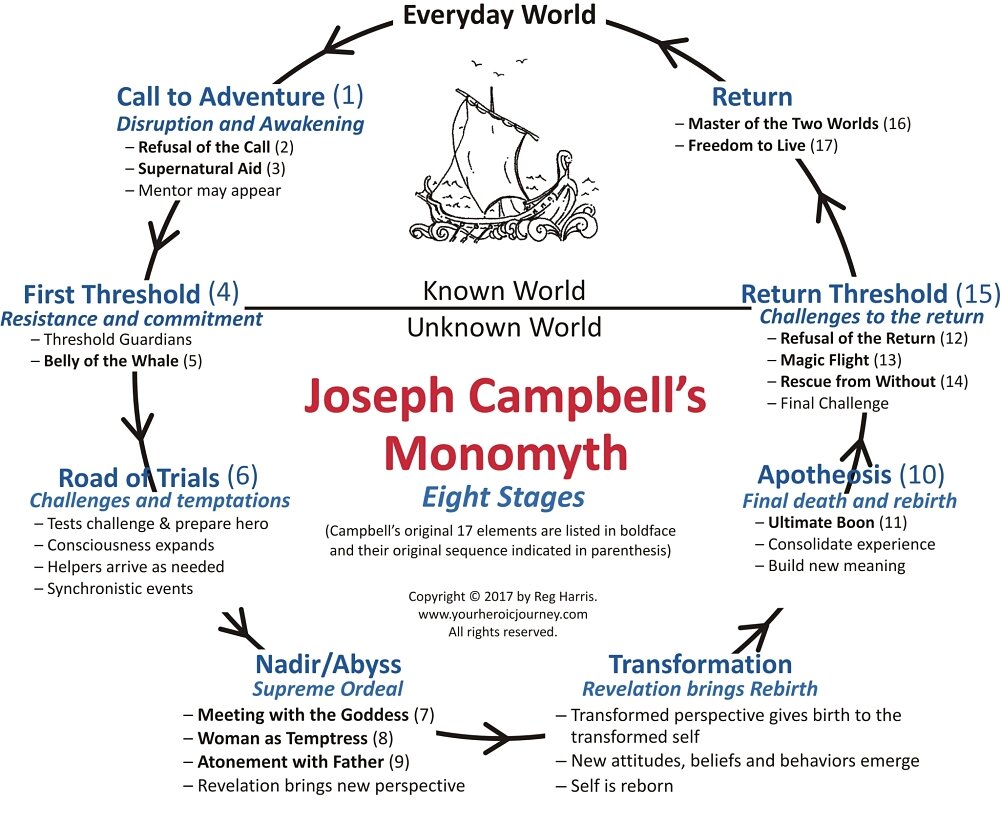25 American Classics - The Wizard of Oz (1939)
This is part 3 of a 25-movie series called “American Classics” – a survey of 25 influential and iconic American films from the past 100 years.
The Wizard of Oz (1939)
Dir. Victor Fleming
Rating (Out of 5 Stars): ★★★★★
The second of Victor Fleming’s 1939 iconic films is The Wizard of Oz. Few movies have stuck in the ether of American souls and imaginations than the journey on the yellow-brick road with Dorothy, Toto, the Scarecrow, the Tinman, and the Cowardly Lion. I don’t think it’s unreasonable to say The Wizard of Oz is the most iconic movie in film history. For me, it may hold the crown as the most essential and influential movie ever made. The Wizard of Oz was in my heavy VHS rotation growing up; it’s one of my earliest memories of a movie not named The Sandlot. I don’t remember a time when I wasn’t aware of the fairy tale. The Wizard of Oz, based on the 1900 children’s novel by Frank Baum, reaches deep into the human heart (pun intended) and pulls out the ultimate hero’s journey.
Joseph Campbell’s 1949 book The Hero with a Thousand Faces is a landmark book exploring the monomyth of the hero’s journey. George Lucas wrote and directed Star Wars with Campbell’s book and ideas in mind. The basic idea is throughout human history, the same myth has been told over and over again. The protagonist hero is unexpectedly called out from humble origins with the help of a wise guide and loyal helpers to navigate a vast and exciting world. The hero then encounters opposition, faces defeat (sometimes death), must forge ahead and defeat the enemy (often saving many others), and returns home a changed person with new strength.
The Hero’s Journey
This is essentially the story of Dorothy. She is a Kansas farmgirl thrust into an adventure. Her grim dustbowl world is twisted upside down into the technicolor land of Oz (a moment of cinematic transcendence and one of my favorite scenes ever). She previously longed for that “somewhere over the rainbow” looking off into the distance like Luke Skywalker. Her adventure has a refusal at first and then the mentor supernatural aid in the form of the good witch Glinda. She crosses the threshold onto the yellow-brick road where she meets friends, trials, and the big baddie in The Wicked Witch of the West. Her road of trials is quite literal as she faces flying monkeys, spells, and the aforementioned black and green witch. The abyss is the death of the Witch at the hands of Dorothy, but the true climax and final death is the rejection of the titular Wonderful Wizard of Oz. Her rebirth and return threshold is Dorothy returning to Kansas with a newfound sense of home, courage, and peace.
It shouldn’t be hard to parallel Dorothy’s journey with that of other Fantasy/Science Fiction characters: Frodo, Harry Potter, Luke Skywalker, and Neo in The Matrix are obvious easy examples. The question, of course, is the origins of the Hero’s Journey. Are all the myths pointing to a True Myth; a true story of humanity? There is a reason we love them so much. The Christian answer is yes—these heroes are archetypes of Jesus. We love stories of unlikely heroes who defeat evil and live happily ever after because that is how our story ends. Joseph Campbell sees Jesus as merely one of the thousand faces of the same hero; just another myth and compelling story to tell children and pass down.
Dorothy longs for this monomyth to be true in Judy Garland’s memorable rendition of Somewhere Over the Rainbow. Dorothy desires a place over the rainbow where dreams and hopes actually come true. She wants to see trees and flowers bloom and troubles to melt away. She wants heaven. According to the text of the film, the answer to her question is right in front of her, rather than somewhere over the rainbow. Dorothy wants a home. The film ends with a tension, however. Dorothy’s home is filled with twisters, dust bowls, and mean neighbors. She has gone over the rainbow and found a Wizard that turns out to be a farce more than a true transcendent miracle worker. Dorothy may have found her home in The Wizard of Oz, but there are hopes still yet unfulfilled. In the Christian gospel, all hopes come true. We do go to the Wonderful Land of Oz and receive our heart’s desires. There are no more witches, flying monkeys, broomsticks, or twisters, and the Wonderful Wizard is not a lie, but true. And he’s better than we dreamed.


